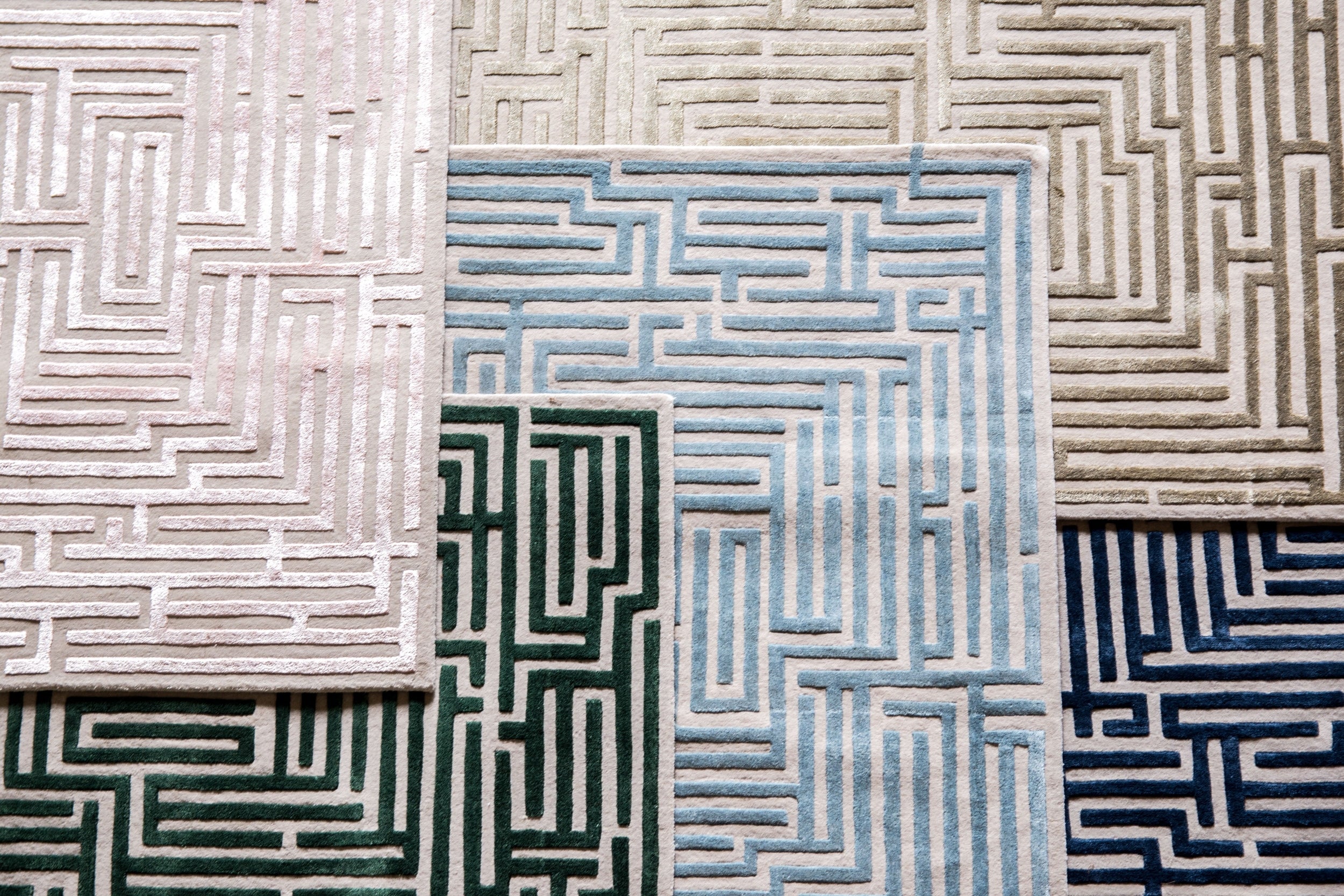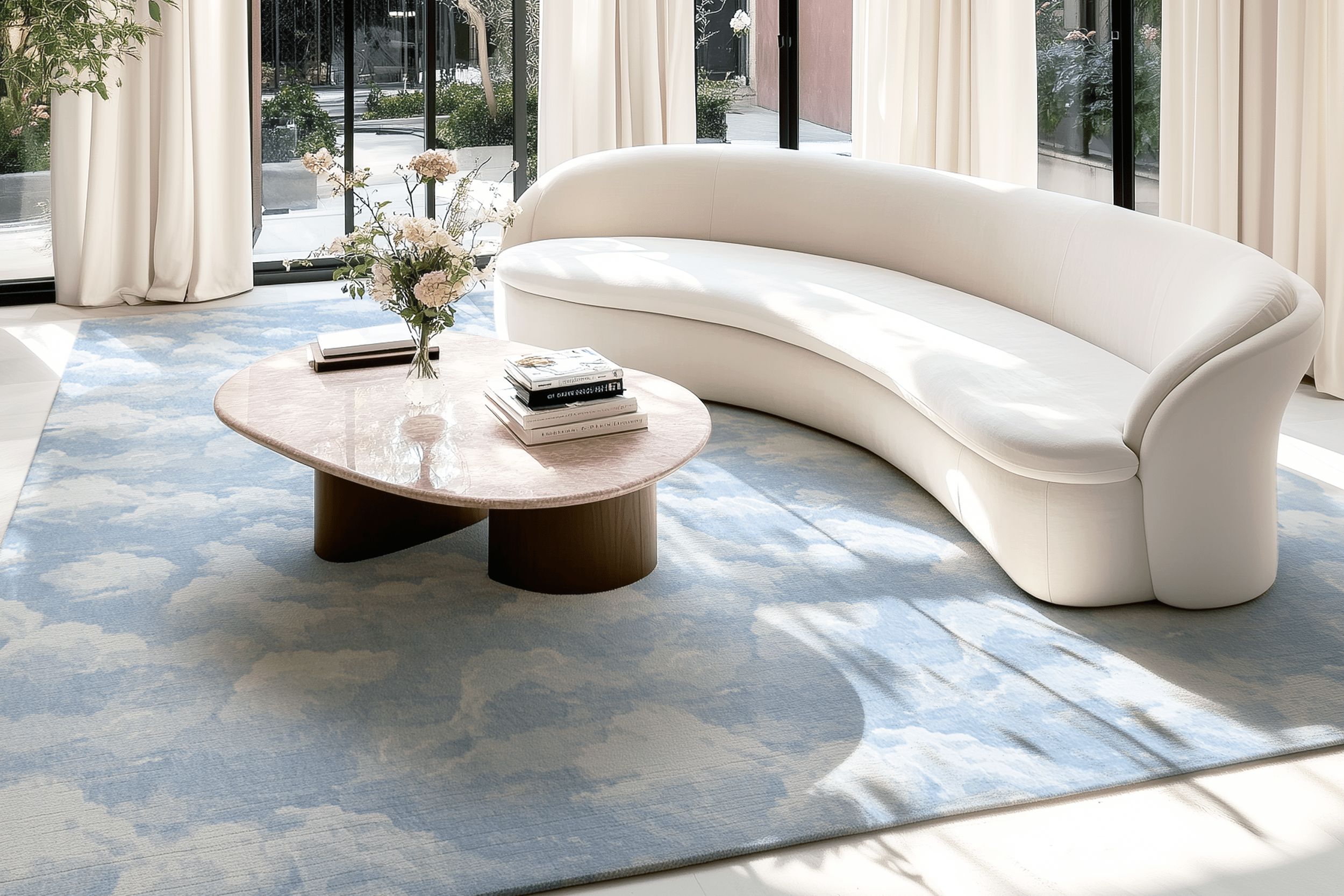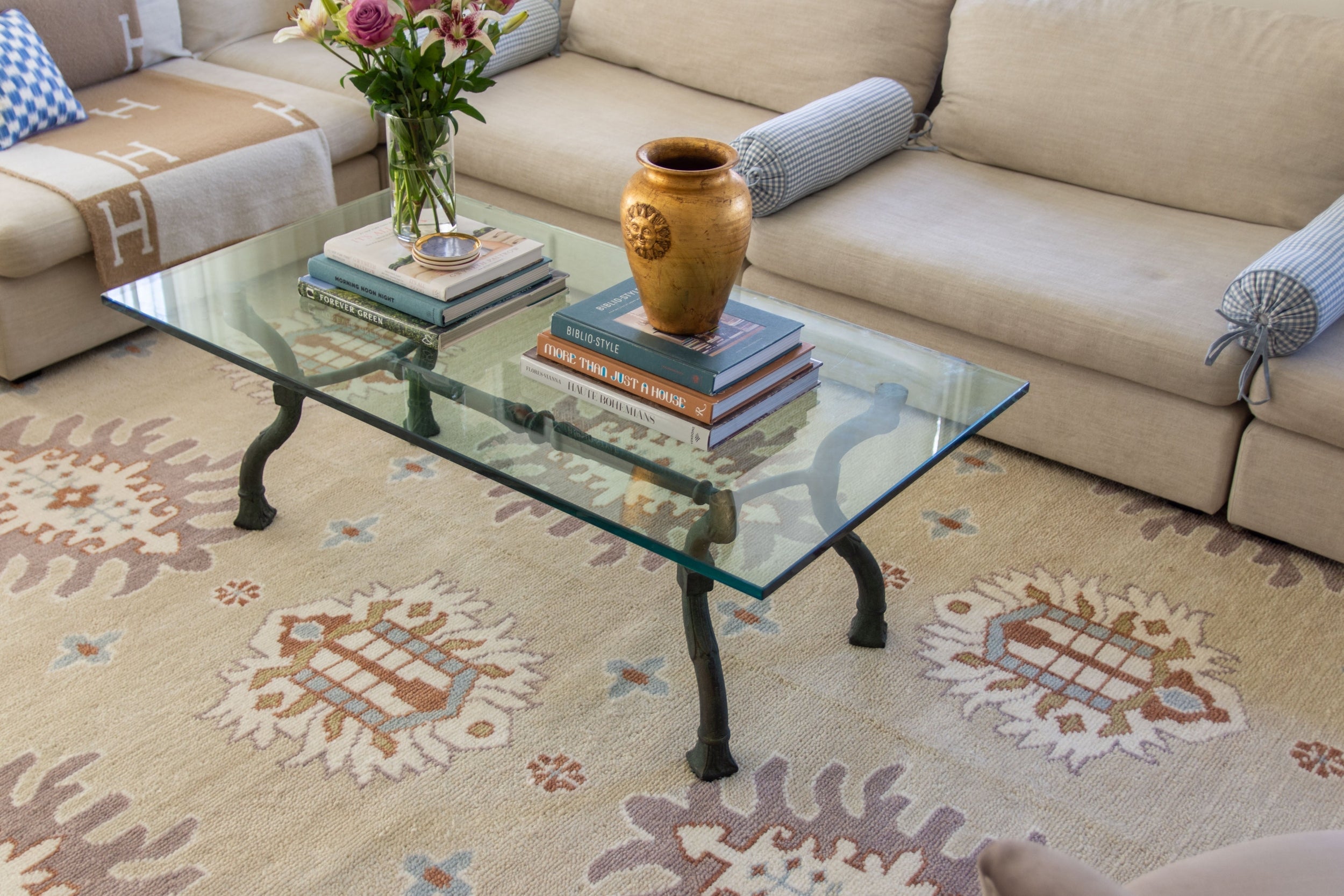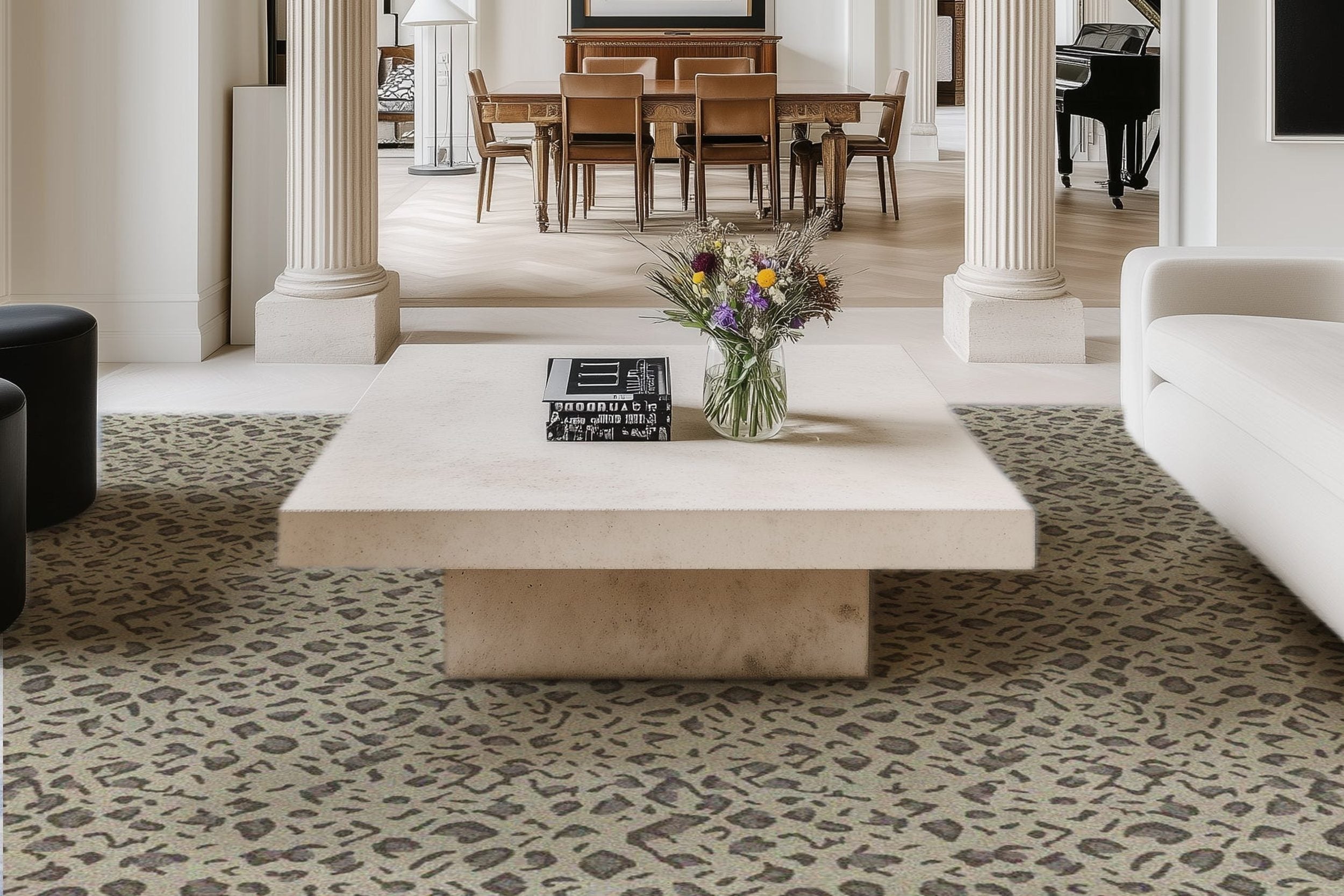Composite Doors vs uPVC Doors - Features, Pros & Cons
uPVC vs Composite Doors
If you, as a homeowner, are trying to select the right doors for your home, two popular options often stand out: composite doors and uPVC doors.
Both types of doors have their unique advantages and disadvantages, and understanding these can help you make an informed decision that meets your needs in terms of aesthetics, security, durability, and cost-effectiveness.
Let's delve into the details of composite doors vs. uPVC doors in this specialist guide, providing you with the information you need for new front doors in your home.
What Are Composite Doors?
Composite doors are engineered from a variety of materials, including a solid timber core, uPVC, and glass-reinforced plastic (GRP).
This combination of materials results in a door that offers superior strength, durability, and insulation compared to other types of doors. The outer layer of GRP is particularly beneficial as it provides resistance against weathering and impacts.
Key Features of Composite Doors
Durability: Composite doors are known for their long lifespan and ability to withstand harsh weather conditions.
Security: The solid core and multi-point locking systems make these doors highly secure.
Aesthetic Appeal: Composite doors can complement any home design and are available in a wide range of colours, finishes, and styles.
Insulation: Excellent thermal and sound insulation properties help in reducing energy bills and noise pollution.
Low Maintenance: The GRP skin is easy to clean and does not require painting or varnishing.
What Are uPVC Doors?
uPVC (unplasticised polyvinyl chloride) doors are made from a durable plastic material that is widely used in the construction industry. These doors are popular for their affordability and versatility. uPVC doors come in various styles and designs, making them a common choice for modern homes.
Key Features of uPVC Doors
Affordability: Generally more cost-effective than composite doors, making them a budget-friendly option.
Weather Resistance: uPVC doors are resistant to weathering and do not corrode, peel, or flake.
Low Maintenance: Easy to clean and maintain, requiring minimal upkeep over the years.
Variety: Available in multiple styles and colours, though the range is not as extensive as composite doors.
Lightweight: Easier to handle and install due to their lightweight nature.
Comparing Composite Doors and uPVC Doors
Durability and Longevity
Composite doors excel in durability due to their robust construction. The combination of materials used ensures that these doors can withstand extreme weather conditions without warping, cracking, or fading. They typically have a lifespan of 30 to 35 years, making them a long-term investment.
While uPVC doors are also durable, they are not as robust as composite doors. They can last for around 20 to 25 years but may suffer from discolouration and wear over time, especially when exposed to direct sunlight.
Security
Security is a significant advantage of composite doors. The solid timber core and reinforced frame, coupled with advanced multi-point locking systems, provide superior protection against intruders. uPVC doors also offer good security features, including multi-point locks. However, they may not be as strong as composite doors, particularly in the face of severe impact.
Both composite and uPVC doors can be used in a variety of applications, including as exterior entry doors as well as interior doors for bathrooms and showers. If we talk about pivot vs hinged shower door options, both door types provide waterproofing and durability to withstand high humidity. Composite doors tend to provide greater customization options for shower doors in terms of colors and designs. On the other hand, uPVC shower doors are often more budget-friendly.
Aesthetic Appeal
With a wide range of designs, colours, and finishes, composite doors can be customised to match any architectural style. They can mimic the appearance of traditional wooden doors while offering modern benefits.
uPVC doors are available in various designs and colours but offer less customisation compared to composite doors. They tend to have a more plastic-like appearance, which may not be as visually appealing as the finish of composite doors.
Insulation
The thick, multi-layered construction of composite doors provides excellent thermal and acoustic insulation. This helps in maintaining a comfortable indoor temperature and reducing noise from outside.
uPVC doors also offer good insulation properties but are generally not as effective as composite doors. They can still help in reducing energy bills and improving energy efficiency.
Maintenance
Maintenance is minimal for composite doors. The GRP surface is resistant to scratches and dents, requiring only occasional cleaning with a damp cloth to keep it looking new.
uPVC doors are also low maintenance. They are easy to clean and do not require painting or varnishing. However, they may need more frequent cleaning to prevent discolouration and keep them looking fresh.
Cost
The initial cost of composite doors is higher compared to uPVC doors. However, considering their durability, low maintenance, and long lifespan, they can be a cost-effective option in the long run.
uPVC doors are more affordable upfront, making them an attractive option for those on a tight budget. They provide good value for money, especially for short-term installations or rental properties.
Knowing Which Door to Choose
When deciding between composite doors and uPVC doors, it ultimately comes down to your specific needs and priorities. If you value superior durability, high security, and a wide range of aesthetic options, composite doors are the better choice.
They offer long-term benefits and require minimal maintenance, making them a worthwhile investment for homeowners looking for quality and longevity.
On the other hand, if affordability and ease of maintenance are your primary concerns, uPVC doors are a practical option. They provide decent durability, good insulation, and a variety of styles at a lower cost, making them suitable for budget-conscious buyers.
Both composite and uPVC doors have their strengths, and either choice can enhance the security and appearance of your home. Carefully consider the factors discussed in this guide to make an informed decision that best suits your needs and enhances the value of your property.
Browse by Category

Design Projects
Explore interiors from client work and personal renovations — layered, livable, and always in progress.
read more →
Collaborations
From product launches to styled spaces, discover the brand stories I’ve helped bring to life.
read more →
The Notebook
A growing archive of iconic designers, inspiring artists, and unforgettable design moments.
read more →
Travel by Design
Wander with a designer’s eye — from charming hotels and city guides to visual inspiration abroad.
read more →





